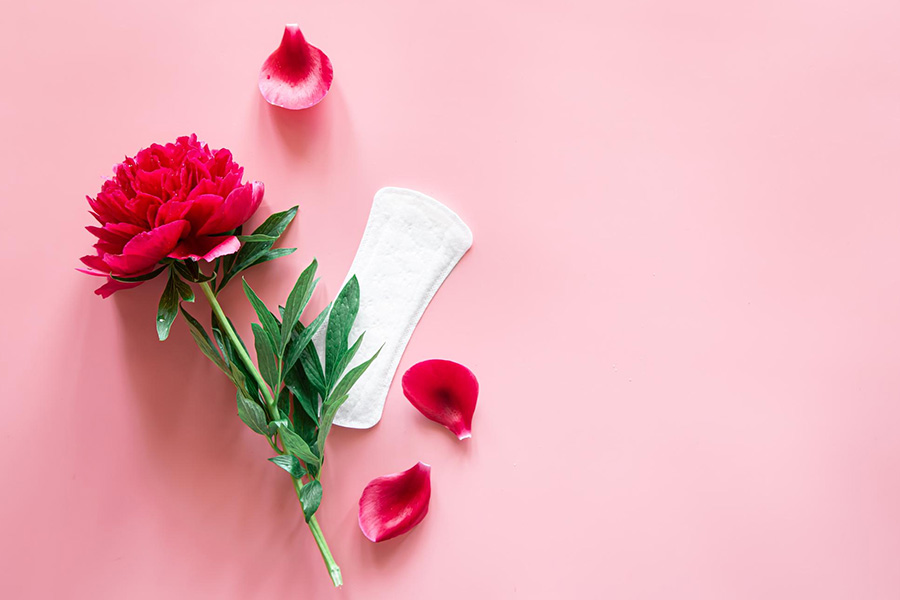
Government and policymakers should aim to conduct workshops for those who menstruate to teach them best practices for managing their menstrual health.
Authors
Karan Babbar, Assistant Professor, Jindal Global Business School, O.P. Jindal Global University, Sonipat, Haryana, India.
S. S. Swathysree, Assistant Professor, Jindal Global Business School, O.P. Jindal Global University, Sonipat, Haryana, India
Kranthi Nanduri, Assistant Professor, Jindal School of Banking and Finance, O.P. Jindal Global University, Sonipat, Haryana, India.
Summary
Literature on the challenges faced by those who menstruate to maintain menstrual health and hygiene during a crisis like COVID-19 is still developing. To address this gap, we conducted an online survey to understand the experiences of those who menstruate during India’s COVID-19 national lockdown in 2020. We conducted a secondary analysis of qualitative data from a sub-sample of the 683 Indians who menstruate aged 18 to 49 years.
The survey utilised one open-ended survey question. Data analysis was conducted using thematic analysis. Over 140 individuals aged 18 to 49 were included in the analysis. The survey findings point to six themes: (a) poor menstrual health; (b) limited access to sanitary items and water, and sanitation and hygiene facilities; (c) high price of sanitary items; (d) continuing stigma surrounding menstruation; (e) lack of alternatives to sanitary items; (f) poor availability of time to rest, think and adjust. Based on the findings, we propose that government and policymakers should aim to (a) conduct workshops for those who menstruate to teach them best practices for managing their menstrual health and bring conversations around these issues to the fore; (b) improve water, sanitation and hygiene facilities; and (c) strengthen distribution mechanisms for the sanitary items via government schemes.
Published in: Culture, Health & Sexuality
To read the full article, please click here.

